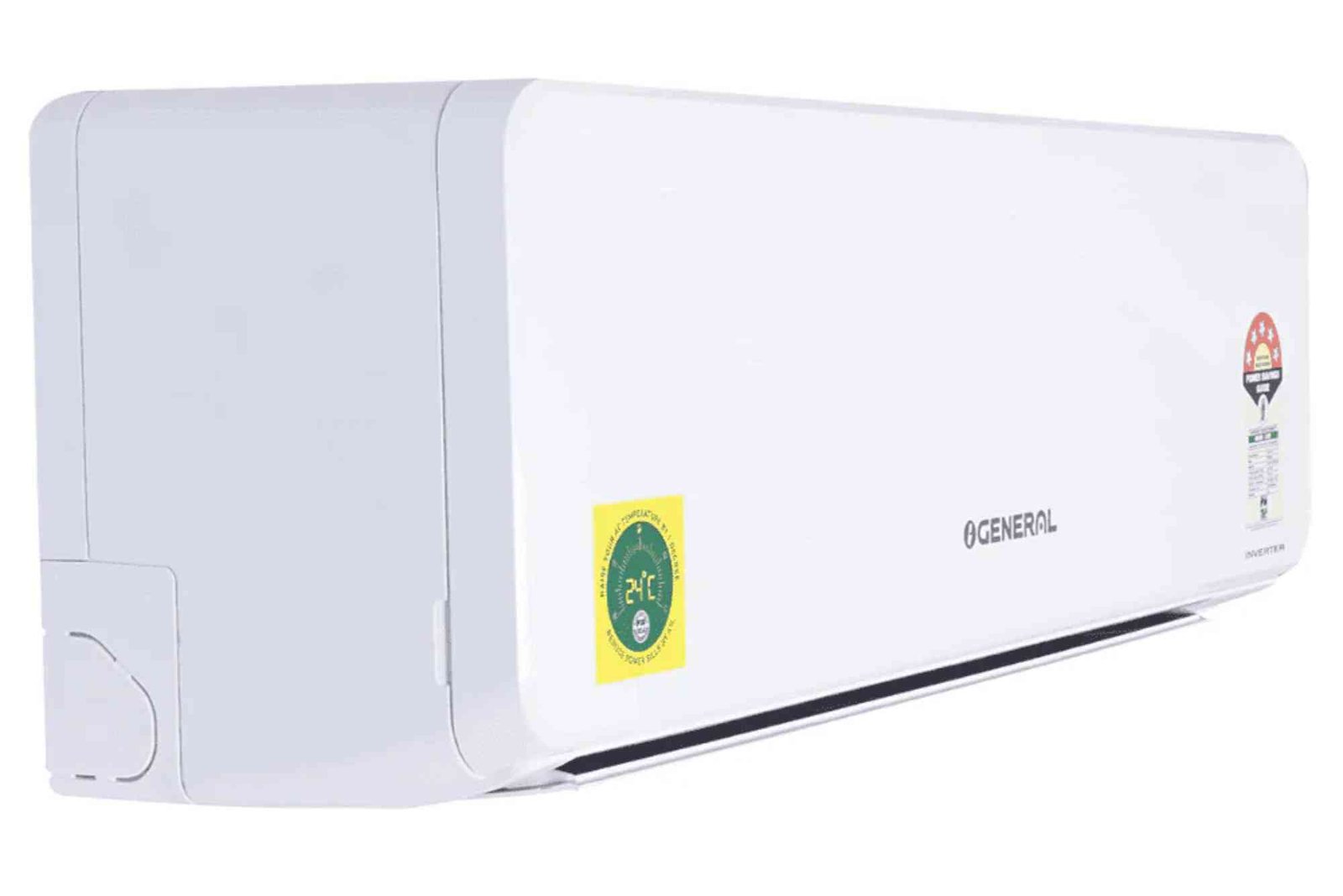Dubai’s corporate landscape includes nearly 400,000 registered companies as of 2025, spanning diverse sectors and jurisdictions. Whether you’re a Pakistani tech startup from Multan, an exporter in Bahawalpur, or a career-builder from Rahim Yar Khan, knowing how to check company ratings in Dubai is essential for secure partnerships, investments, or employment.
This EEAT-compliant, AEO-ready, and geo-targeted guide demystifies rating sources, verification methods, and best practices—while showcasing how Pakistan’s Ignite and STZA initiatives support data-driven decisions.
Why Company Ratings Matter in Dubai
Quick Answer: Ratings reflect license standing, financial viability, customer trust, and brand credibility.
Key Benefits:
-
Instill confidence during business matchmaking
-
Help investors and export teams assess debt and risk
-
Aid job seekers in identifying trustworthy employers
-
Offer vendors insight into payment regularity and contract performance
Example:
A Multan-based logistics provider avoided a delayed-payment contract after seeing an “average” credit rating for a Middle Eastern shipping intermediary.
Sources for Dubai Company Ratings
Quick Answer: Use official portals, credit agencies, and customer review platforms for comprehensive insights.
Primary Data Sources:
-
Dubai Economy & Tourism (DET): License status, activity codes, renewal history
-
Dubai Chamber credit ratings: Export-friendly firms scored A–D
-
UAE credit bureaus: CRIF, Dun & Bradstreet (D-UAE)
-
Customer review platforms: Google Business, Trustpilot, Justmop, Zomato for service firms
-
Business directories: Clock.ae indicates verified status and team size
How to Check DET License Status
Quick Answer: Use DET’s free license lookup to verify renewal history and compliance.
Steps:
-
Enter trade name or license number in the portal
-
Confirm license status (active/suspended)
-
Review issuance and expiry dates, jurisdiction, activity codes
Use Case:
A Bahawalpur-based e-commerce startup checked DET data to confirm the online registration of a Dubai vendor before placing an initial order.
Using Dubai Chamber Credit Ratings
Quick Answer: Perform basic trade credit checks on Chamber-registered companies via their portal.
What You Can Access:
-
Credit rating (A to D scale)
-
Export/import turnover estimates
-
Dispute history or financial red flags
Example:
A Multan agritech exporter used a “B+” credit rating as leverage in negotiating payment terms with a Dubai produce importer.
Checking Online Reviews & Reputation
Quick Answer: Review platforms like Google, Trustpilot, and local forums provide real-world service quality insights.
Checkpoints:
-
Star rating averages and number of reviews
-
Response behavior from company to feedback
-
Pattern of complaints (e.g., payment, delivery, service quality)
-
Time-stamps to confirm recent performance
Insight:
A Rahim Yar Khan cleaning startup benchmarked Justmop’s 4.5★ average review before adopting its tech model for UAE entry.
Using Credit Bureau Reports (CRIF, D&B)
Quick Answer: Paid credit reports from CRIF or Dun & Bradstreet (UAE) offer financial strength assessments.
Report Highlights:
-
Payment behavior and trade performance
-
Financial structure, assets, and liabilities
-
Risk metrics, legal filings, and UBO details
-
Scored safety ratings and sector comparisons
Pakistan Context:
Ignite-supported startups obtain such reports before pitching to Dubai accelerators, ensuring credible evaluations.
Midpoint Resource Reference
To access a unified directory of licensed, verified, and reviewed companies in Dubai—including rating indicators—explore the List of Companies in Dubai. This platform enables sorting by license type, jurisdiction, and review count—perfect for Pakistani startups and exporters preparing for market entry.
Integrating Ratings into Your Outreach Strategy
Quick Answer: Combine data from DET, Chamber, and review platforms to create a risk-checked shortlist.
Outreach Workflow:
-
Build spreadsheets with license status, Chamber rating, and review avg
-
Assign risk tiers (green/yellow/red) based on combined rating
-
Prioritize top-tier firms for proposals or collaborations
-
Prepare tailored outreach citing verified data for credibility
Example:
A STZA-supported logistics tech team from Bahawalpur used this matrix to pitch 25 Dubai-based operators, leading to 5 discovery calls.
FAQs
1. Are DET license checks publicly accessible?
Yes—free to use via Dubai Economy’s official portal.
2. How accurate are Dubai Chamber credit ratings?
Generally reliable for trade history; best used alongside financial statements.
3. Can I rely on Google reviews alone?
No—combine with license and financial checks for full context.
4. Do I need paid credit reports?
Recommended for serious deals—paid reports offer detailed risk insight.
5. How often should ratings be re-checked?
Quarterly—especially before negotiations, renewals, or contract signings.
6. Can Pakistani startups get Chamber ratings?
Yes—if they register with Dubai Chamber or partner with verified UAE entities.
7. Do STZA and Ignite help with credit access?
They guide through due diligence, recommend credit bureaus, and fund prosecutor rubrics.
Final Thoughts
Based in Multan, I’ve assisted dozens of tech and trade startups in deploying data-first outreach strategies. Checking a company’s DET license, Chamber rating, and online reputation—before reaching out—transformed their pitch reception in Dubai.
When supported by networks like Ignite and STZA, this disciplined approach becomes more than due diligence—it’s a trust accelerator.
For Pakistani innovators in Bahawalpur, Rahim Yar Khan, and beyond, the formula is clear: verify, rank, and personalize.
Dubai is data-rich. Use it wisely—and your next UAE partnership could be just a verified outreach away.




